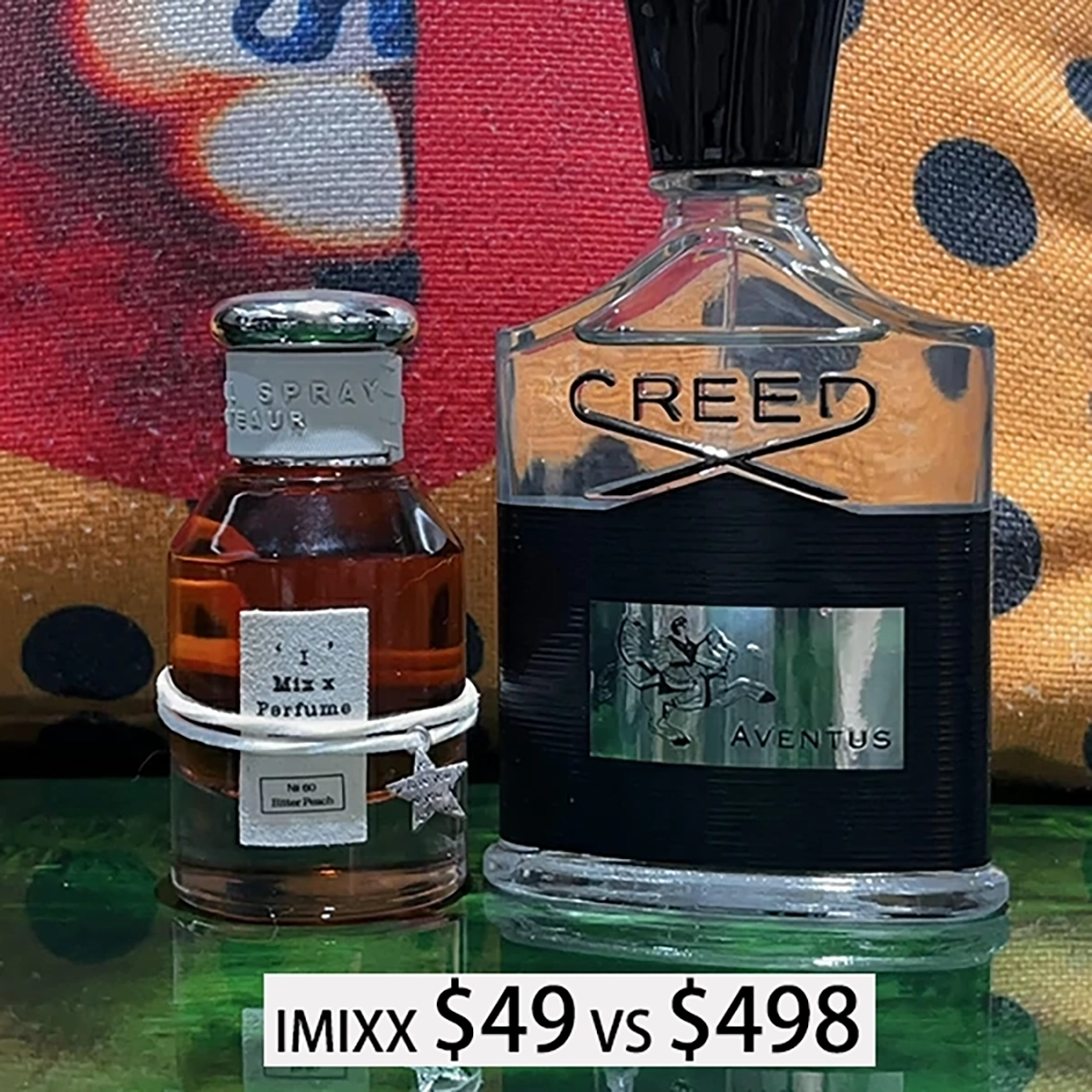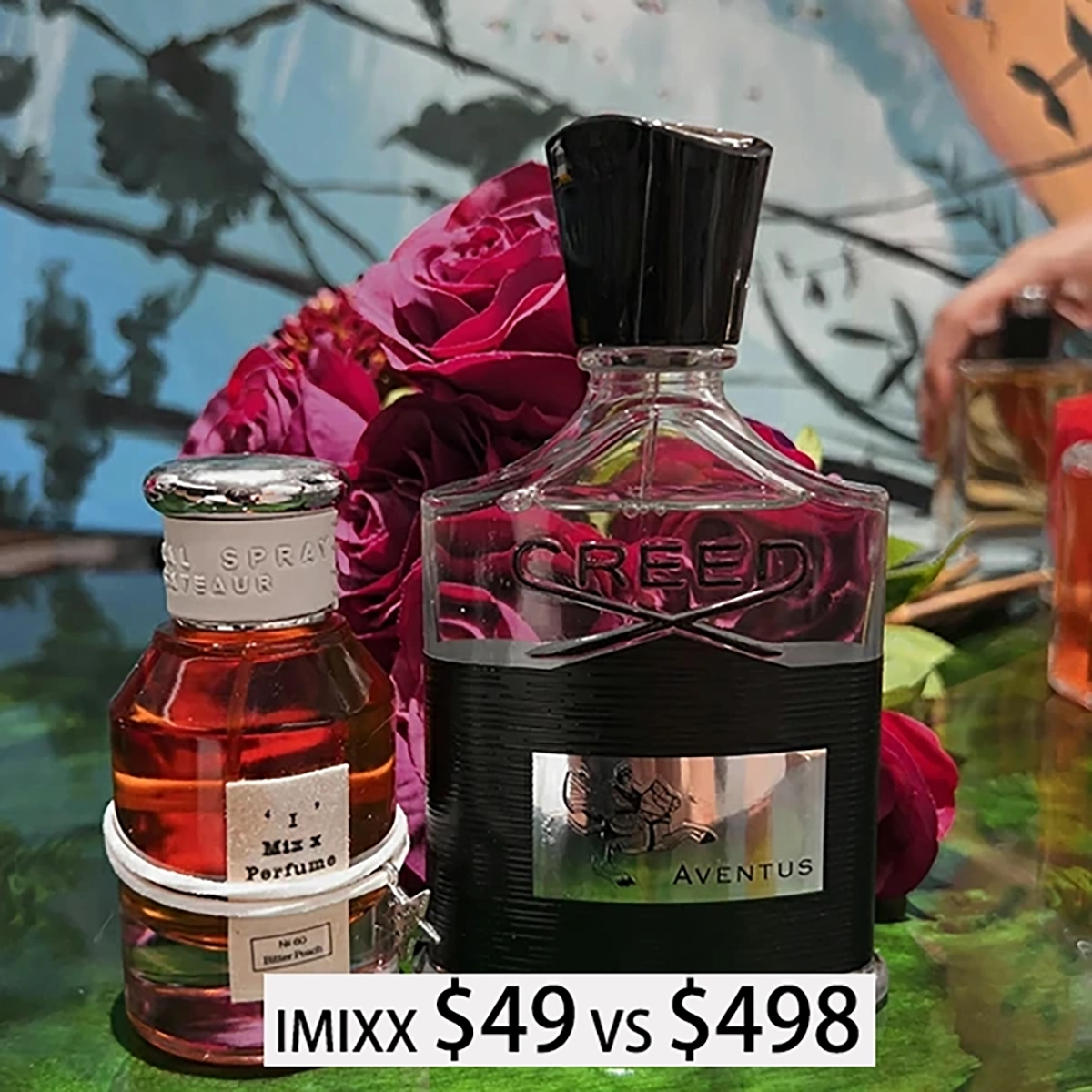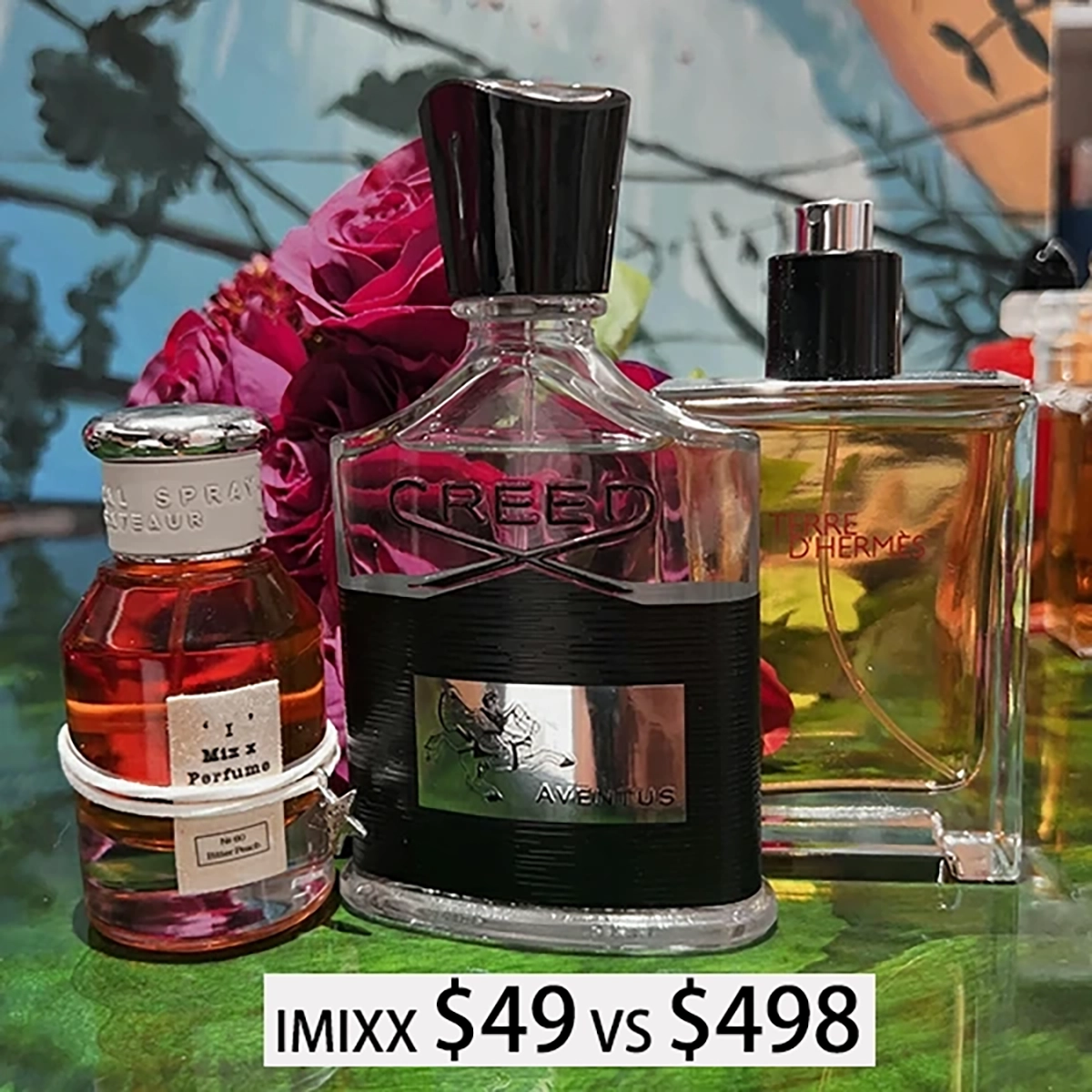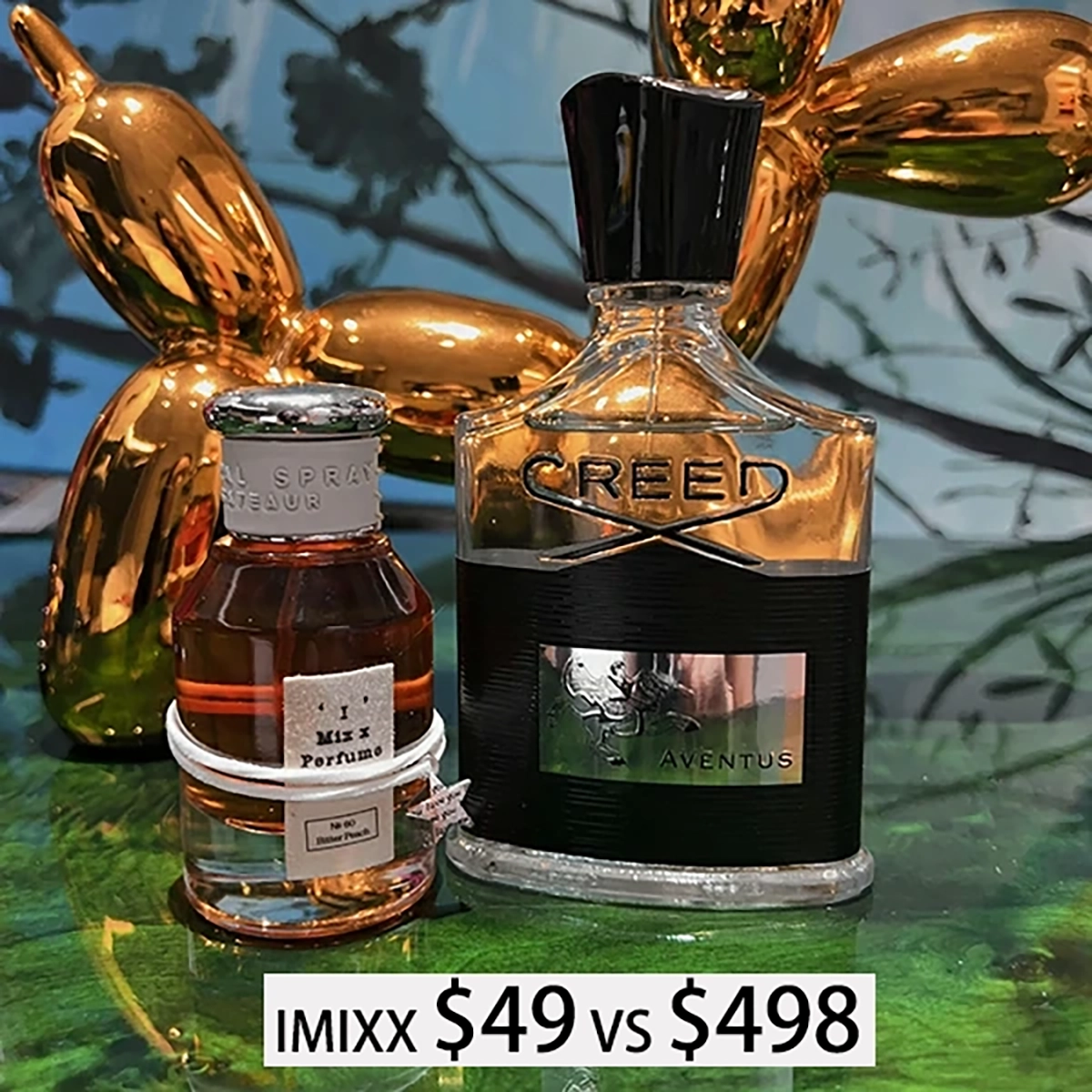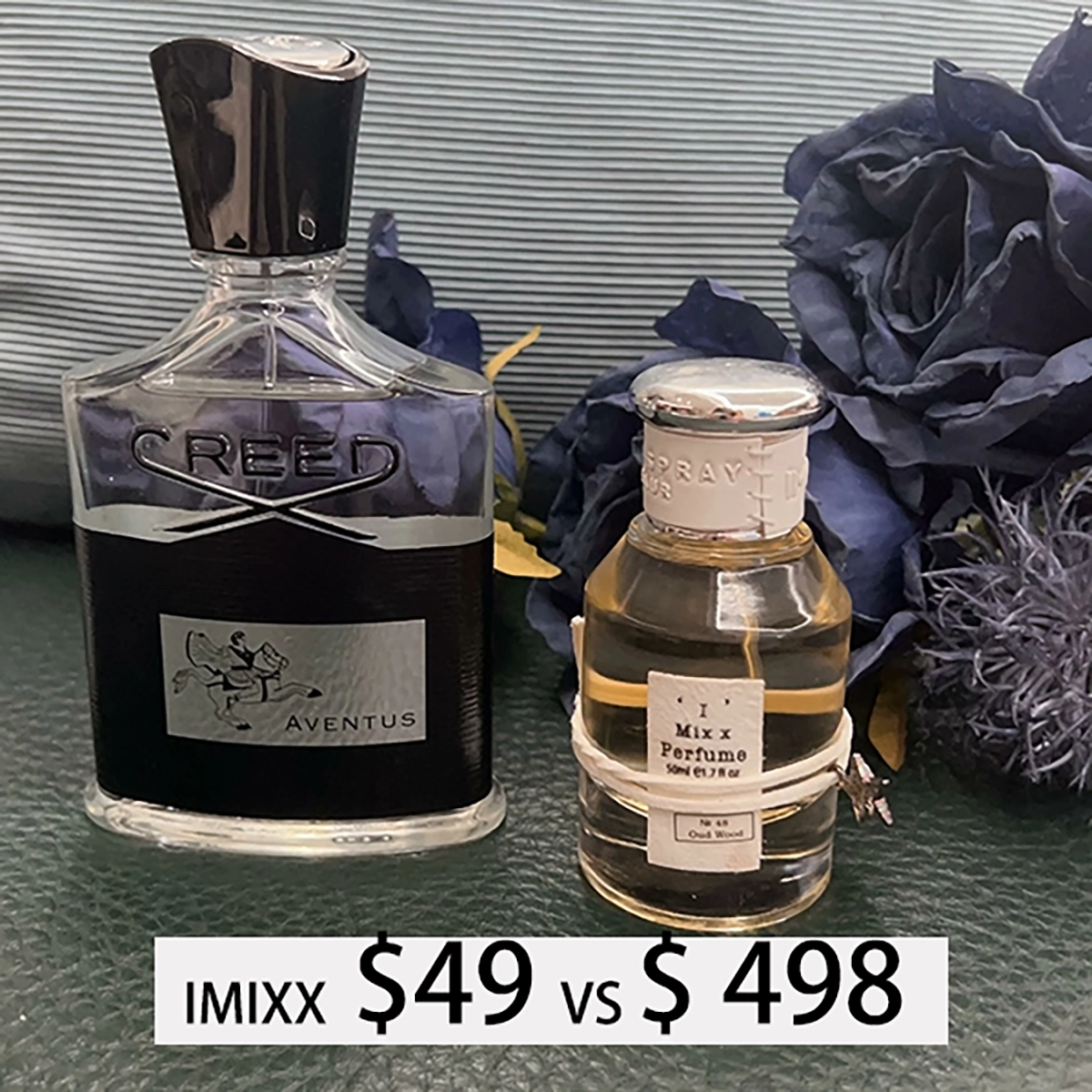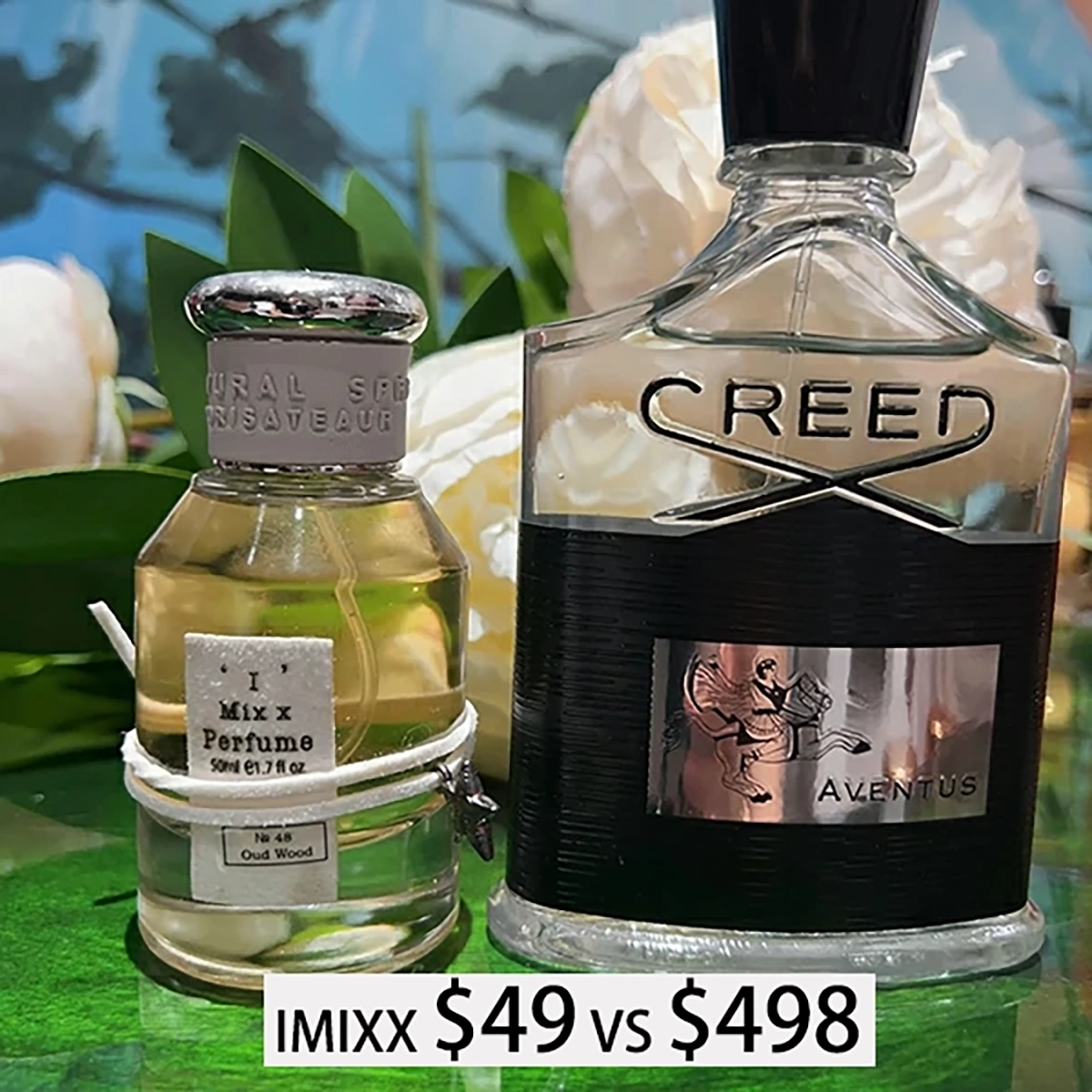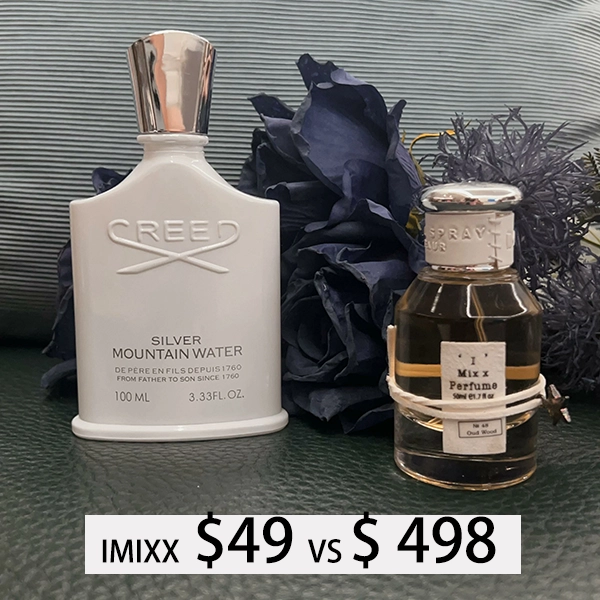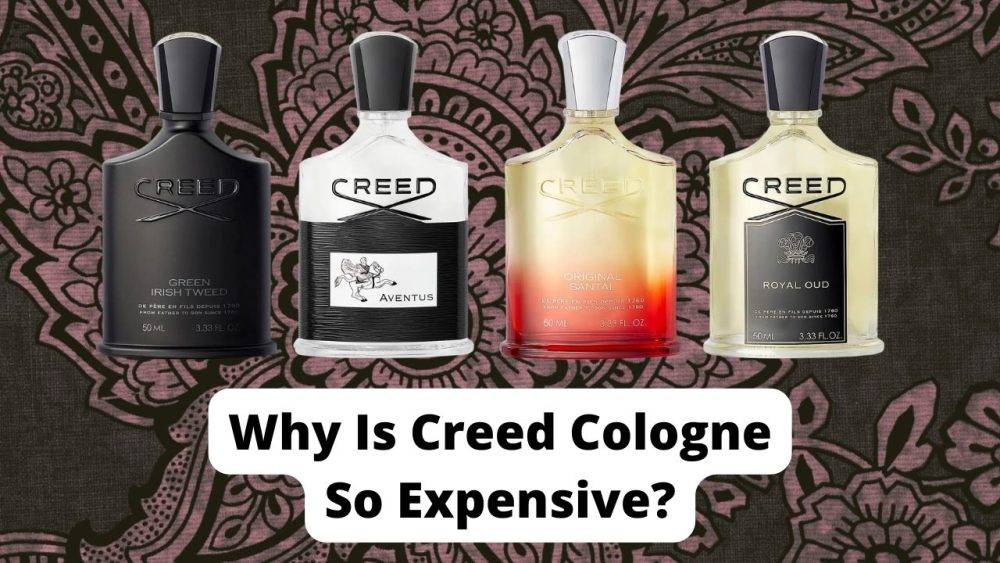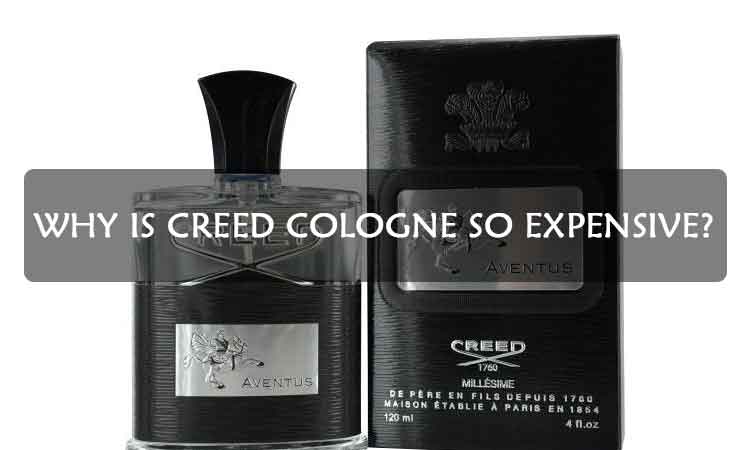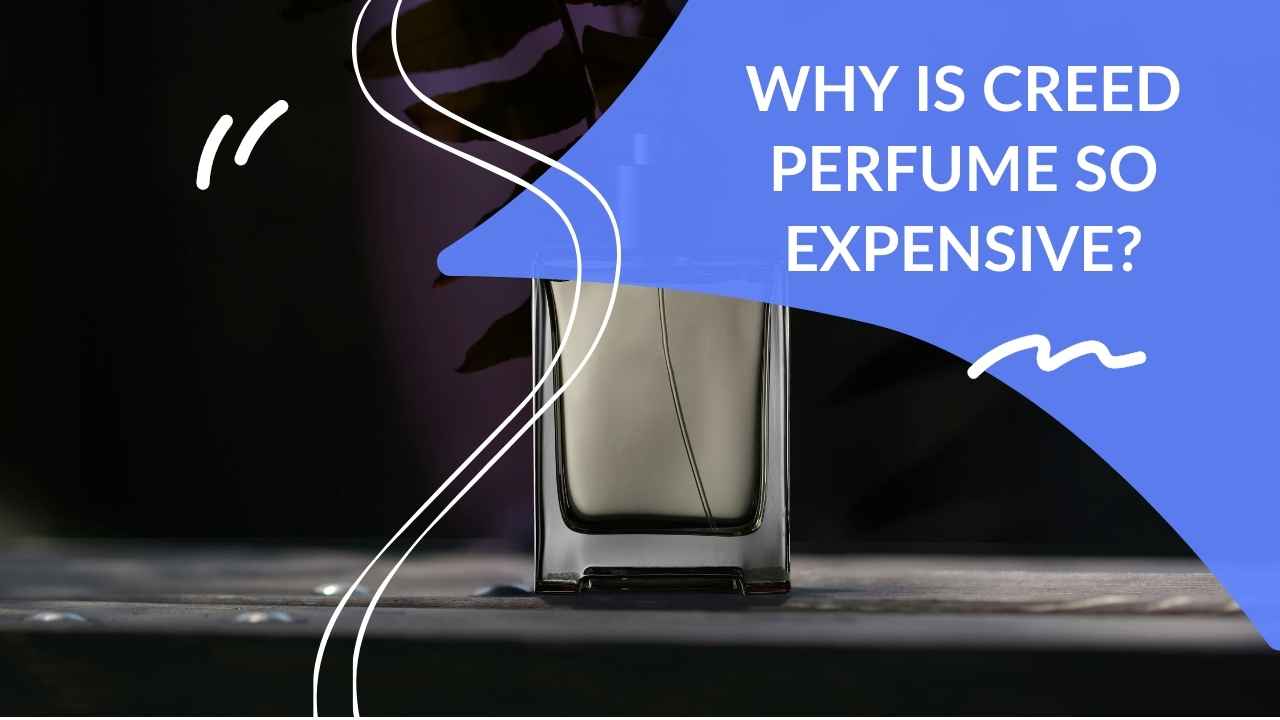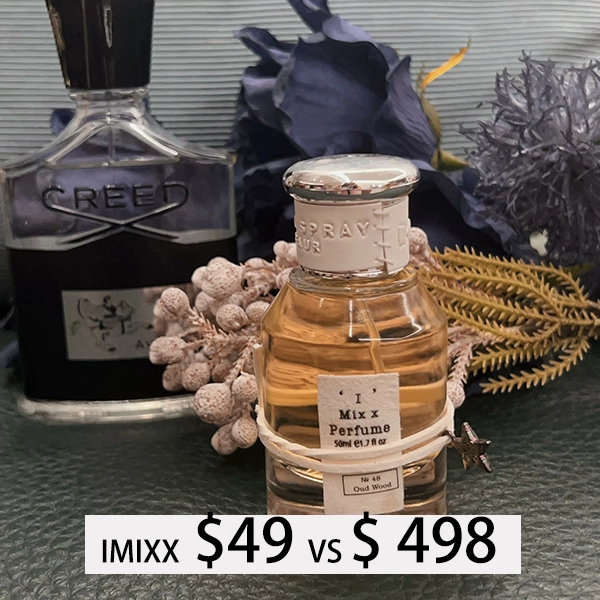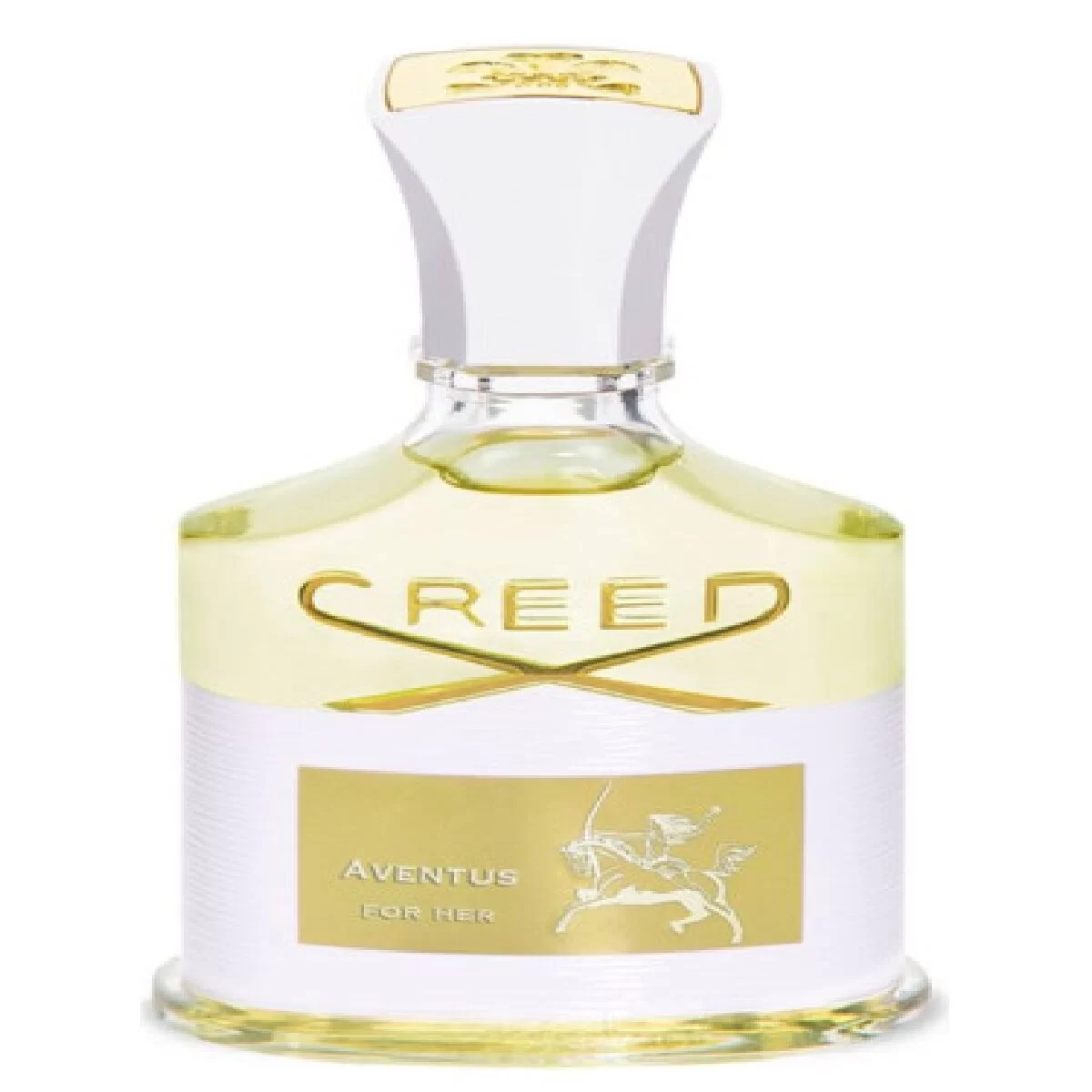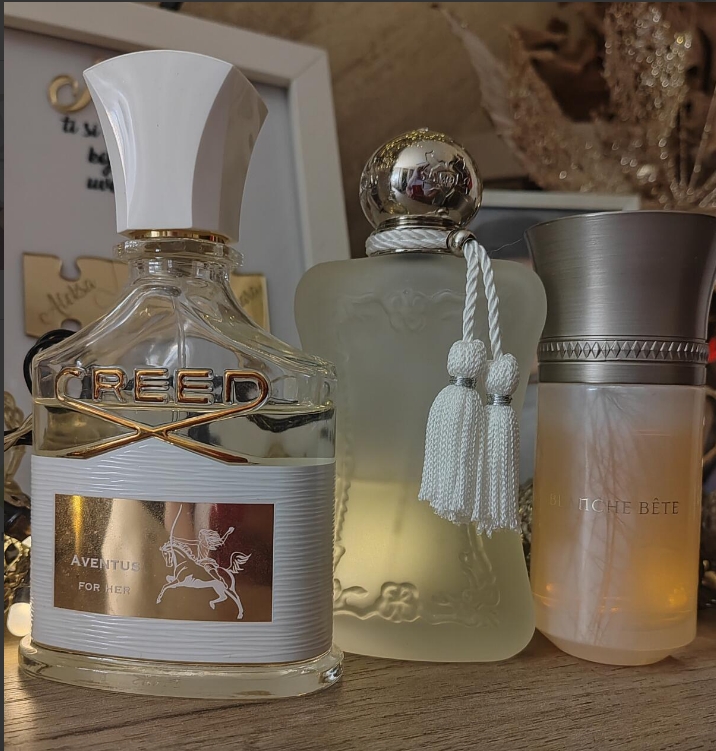Why Are Creed Perfumes So Expensive
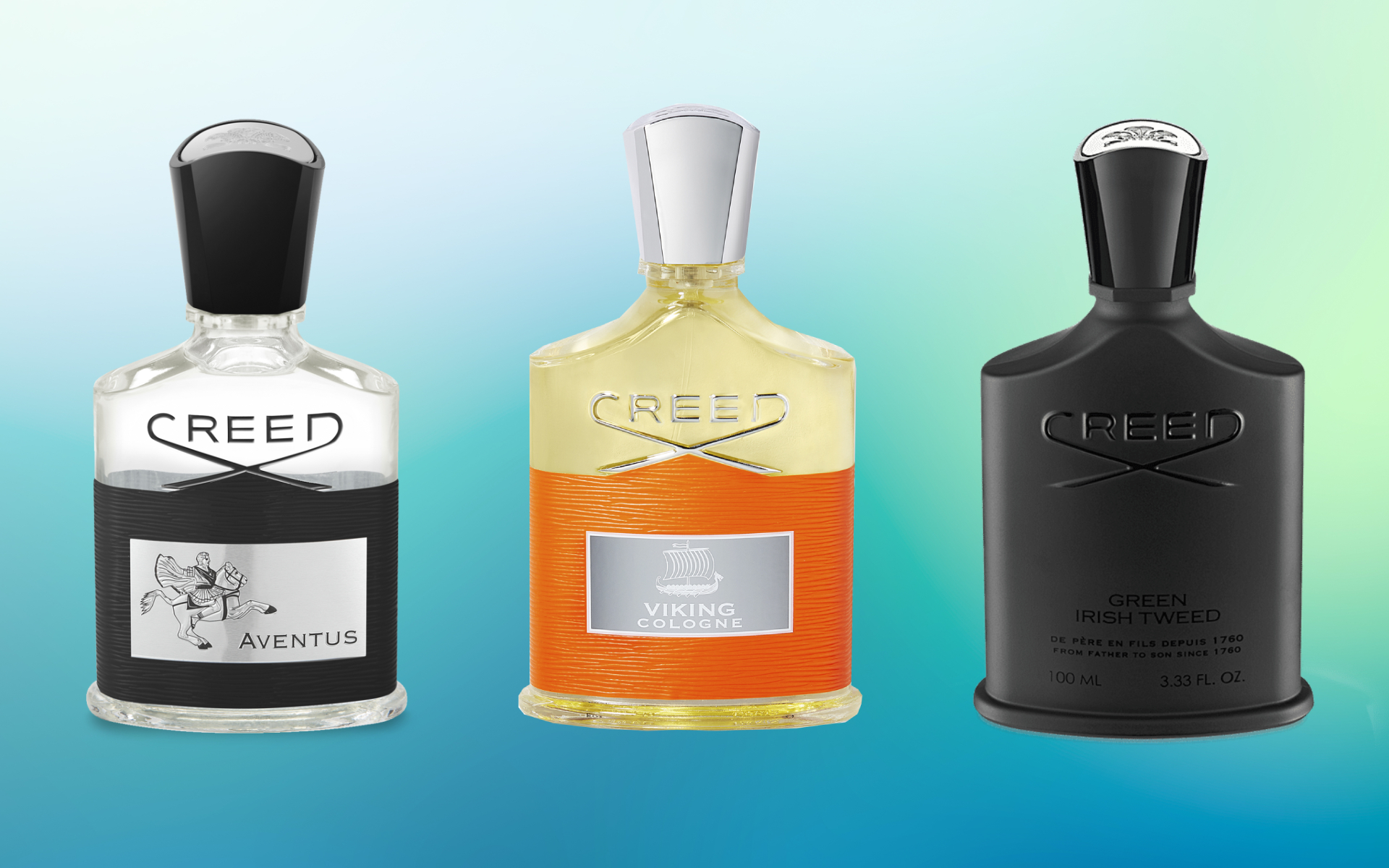
The alluring aroma of a Creed fragrance wafts through the air, leaving a trail of sophistication and intrigue. But this olfactory experience comes at a steep price, often exceeding hundreds, even thousands, of dollars per bottle. What justifies these exorbitant costs, placing Creed perfumes in a realm far beyond the reach of the average consumer?
The mystique surrounding Creed perfumes stems from a confluence of factors: a long-standing heritage, the use of rare and expensive ingredients, meticulous craftsmanship, exclusive distribution strategies, and a powerful brand image cultivated over centuries. These elements combine to create a perception of luxury and exclusivity that allows Creed to command premium prices. Exploring these factors reveals the intricate details that underpin the high cost of a Creed fragrance.
Heritage and History
Creed's origin story significantly contributes to its high price point. Founded in 1760 in London, Creed boasts a rich history, initially serving royal houses and discerning clientele. This long-standing legacy is a valuable asset, reinforcing its aura of prestige and exclusivity, allowing the brand to trade on its historical narrative.
The company claims to have been the official supplier to Queen Victoria and other European royalty. This royal warrant, whether entirely accurate or embellished over time, contributes to the brand's perception as a purveyor of luxury.
The Ingredients: Aromatic Gold
The ingredients used in Creed perfumes are a primary driver of their high cost. Creed emphasizes the use of rare, natural, and often expensive raw materials sourced from around the world. The company sources ingredients from specific regions known for their high-quality crops.
For instance, the company says that they use Bulgarian rose, Calabrian bergamot, and Haitian vetiver. These ingredients often come with premium price tags due to limited availability, complex extraction processes, or geographical restrictions. Natural ingredients often fluctuate in price depending on environmental factors and harvest yields.
Unlike many modern perfumes that rely heavily on synthetic aroma chemicals, Creed claims to prioritize natural essences. While synthetic molecules can effectively mimic natural scents at a lower cost, Creed argues that natural ingredients offer a depth and complexity that synthetics cannot replicate.
Artisanal Craftsmanship
Creed perfumes are touted as being crafted using traditional techniques. This includes meticulous maceration and filtration processes which, though not unique to Creed, are presented as superior to modern, automated methods. Some sources suggest that certain stages of production are still carried out by hand, further increasing production costs.
The brand highlights the expertise and artistry of its perfumers, emphasizing the importance of skill and experience in creating complex and balanced fragrances. This artisanal approach, whether fully realized or partially romanticized, enhances the perceived value of Creed perfumes.
Exclusivity and Distribution
Creed maintains a carefully controlled distribution network, limiting the availability of its perfumes to select high-end department stores, boutiques, and authorized online retailers. This exclusivity reinforces the brand's image of luxury and desirability, preventing widespread discounting and maintaining premium pricing.
The company avoids mass-market channels and heavily discounted online marketplaces. By controlling the points of sale, Creed ensures that its perfumes are presented in an environment that aligns with its luxury positioning.
Brand Image and Marketing
Creed has carefully cultivated a brand image of sophistication, heritage, and exclusivity. The brand's marketing materials focus on its history, the quality of its ingredients, and the artistry of its perfumers. This contributes to the perceived value of its products.
The pricing of Creed perfumes is also a self-fulfilling prophecy. The high price tag reinforces the perception of luxury and exclusivity, attracting consumers who are willing to pay a premium for status and perceived quality.
Counterarguments and Perspectives
It's important to acknowledge that some critics argue that the high prices of Creed perfumes are not entirely justified by the cost of ingredients and production alone. They suggest that marketing hype and brand prestige play a significant role in driving up prices. Some independent perfumers offer high-quality fragrances at more accessible price points, challenging the notion that expensive ingredients are always necessary for exceptional scents.
There is also the argument that fragrance perception is subjective. A fragrance’s appeal is highly dependent on individual preferences and skin chemistry, leading some to question whether the premium price translates to a superior olfactory experience for every individual.
The Future of Luxury Fragrances
The luxury fragrance market is evolving. While Creed's traditional approach continues to appeal to a loyal customer base, newer brands are emerging with innovative approaches to perfumery, challenging established norms. As consumer awareness grows and alternative options become more readily available, Creed will need to continue justifying its high prices through innovation, transparency, and a continued commitment to quality.
The future will likely see a greater emphasis on sustainability and ethical sourcing in the fragrance industry. Brands that can authentically demonstrate their commitment to these values may gain a competitive advantage, even at premium price points. Ultimately, the value of a Creed perfume, or any luxury fragrance, lies in the eye (or nose) of the beholder.

